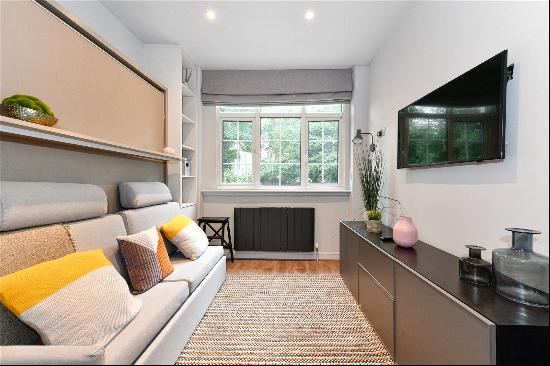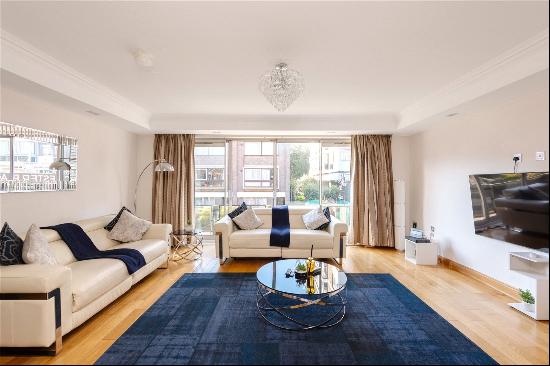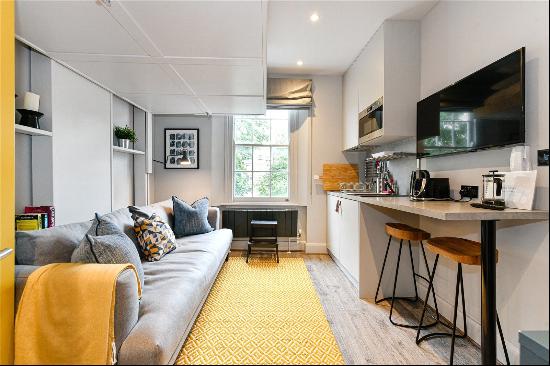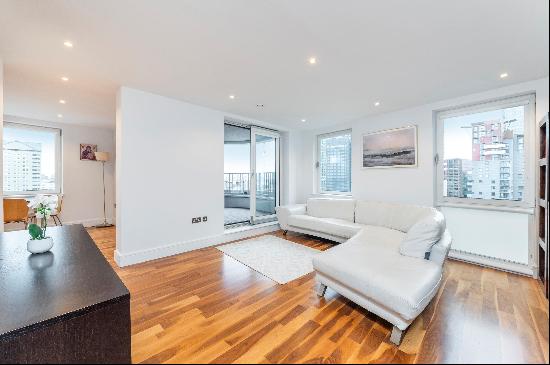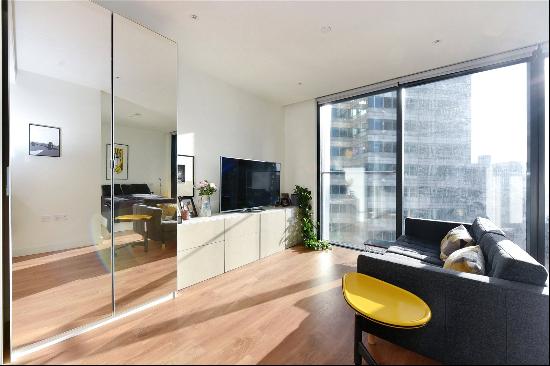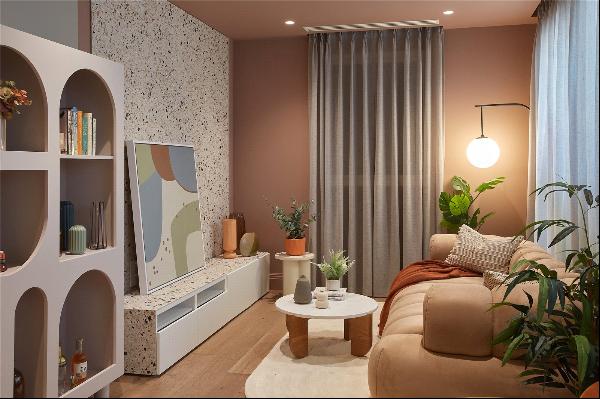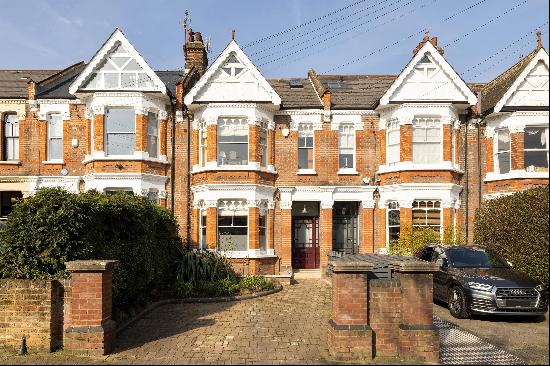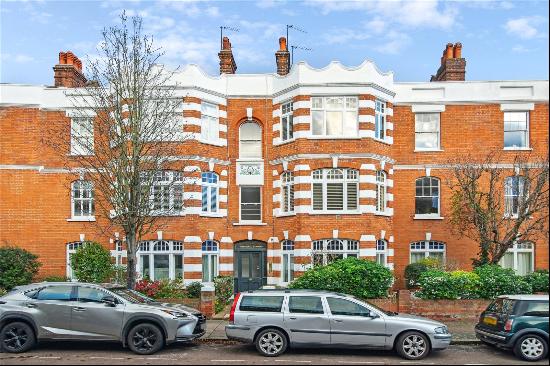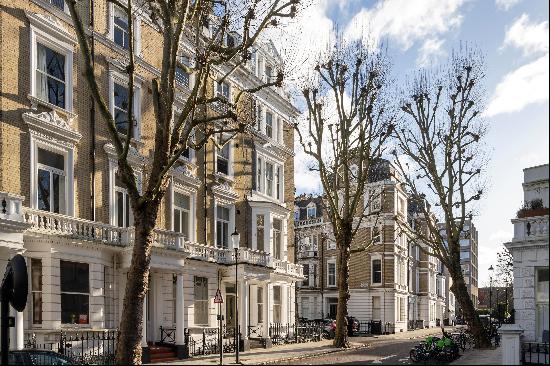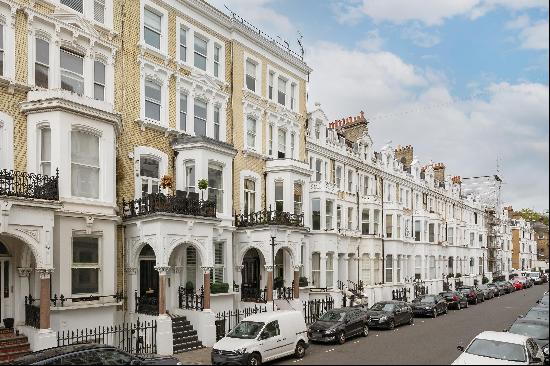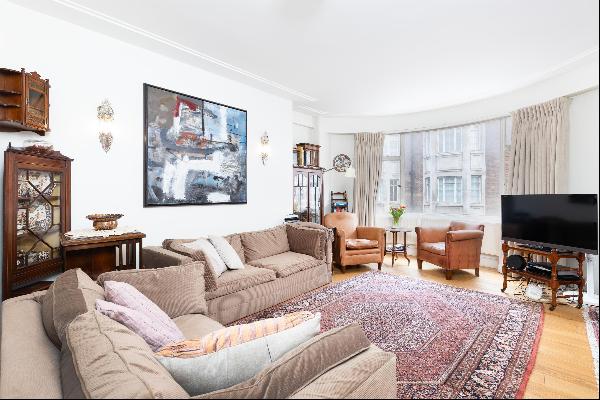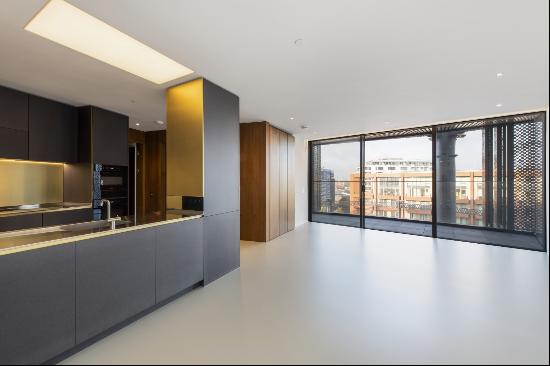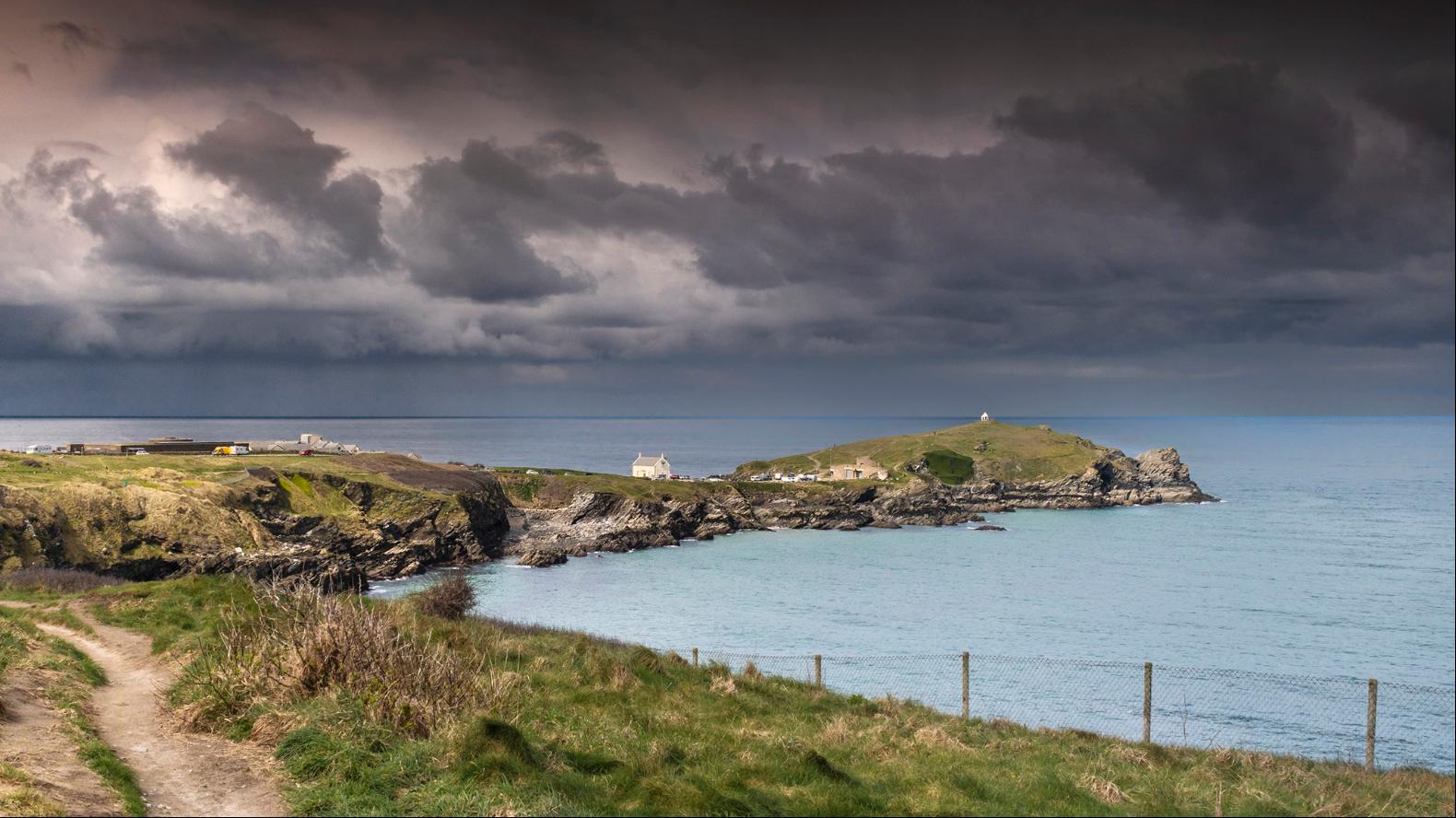
By Charlie Monaghan
When I fantasise about leaving London for a simpler life outside the city, I picture myself in a home with a good view of the sea. The promise of the open water’s emptiness, its silence and, yes, its scarcity of human life, is most alluring when the city is tough going.
Iris Murdoch’s 1978 Booker Prize-winning novel The Sea, The Sea sets the blueprint for my fantasy. Its central character, thespian Charles Arrowby, is compelled to escape the pomp of London life: “I hate the falsity of ‘grand’ dinner parties where, amid much kissing, there is the appearance of intimacy where there is really none,” he tells us. Making his escape, he impulsively buys Shruff End, a house on an unnamed stretch of British coastline.
It is a peculiar building. The pebble-dashed, double-fronted villa stands “exposed and isolated” by itself on a small promontory. The house “would scarcely attract notice in a Birmingham suburb, but all alone upon that wild coast it certainly looks odd”, he observes. “What madman built it?” Arrowby wonders. Being a peculiar man, he falls in love regardless.

It’s not so much the physical house but more the solace of the setting that is the basis of my fantasy. In his journals that make up the novel, Arrowby records a seductively ascetic and hermetic existence: he swims naked every day, watches clouds, collects stones. He looks forward to observing storms, which he can do from the house’s front rooms on the first floor, where the views are of “total sea”. It’s the antithesis of urban life, a place where water, geology and the weather are enough to keep one stimulated.
Well, almost. In my fantasy, there would always be good food to look forward to. On this crucial point, Arrowby is at his most inspiring, describing his diet as if writing the menu of a modern British restaurant such as St John: “anchovy paste on hot buttered toast”, “lentil soup, followed by chipolata sausages served with boiled onions and apples stewed in tea, then dried apricots and shortcake biscuits: a light Beaujolais”. If ultimately flawed, Arrowby is right about one thing: “One of the secrets of a happy life is continuous small treats,” and; “In food and drink, as in many […] other matters, simple joys are best.”

But if I find solace in imagining a stripped-back existence, one with good food and wine in a house overlooking the sea, I take equal relief in how it could go awry — as it does for Arrowby. He brings much of the ensuing disaster upon himself (among other displays of his heinous character, he kidnaps an ex-lover and drives her to the brink of insanity), but I like to think all fantasy homes are better left as something to desire rather than attain. “What a paradise, I shall never tire of this sea,” he writes in his diary when he arrives, but is later haunted by the water, which comes to represent “some fear of loneliness and death”. Eventually, he packs up and returns to London.
So, if The Sea, The Sea outlines a vision for escape in moments of urban drudgery, it also ultimately reminds me that my fantasy home is exactly that. After all, there are always friends in Dorset with a spare bedroom.
Photography: Loop Images/Gordon Scammell/Universal Images Group via Getty Images; Jean Williamson/Alamy Stock Photo; Sophie Bassouls/Sygma via Getty Images





